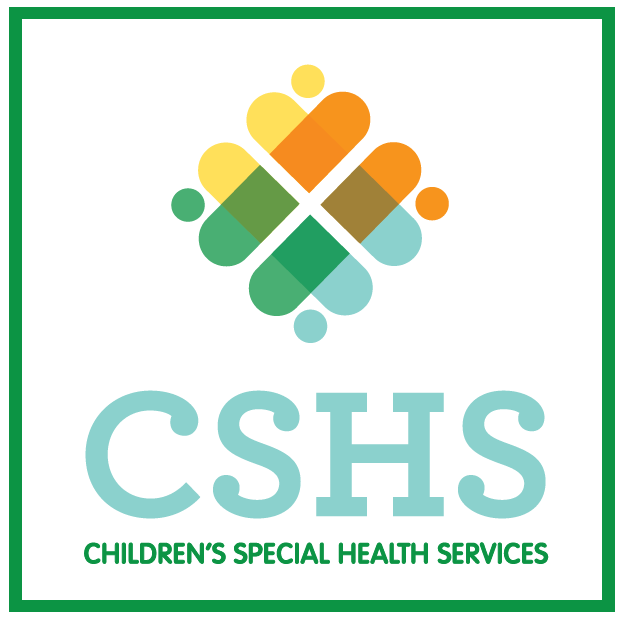Children's Special Health Services

Critical Congenital Heart Disease Screening
Parent Resources
- Most babies are born healthy.
- A few babies may look healthy, but have rare health problems.
- Montana tests all babies because early detection of these health problems can be life-saving.
What is Critical Congenital Heart Disease?
Critical congenital heart disease (CCHD) occurs when a baby’s heart or major blood vessels do not form correctly, causing a defect. There are many different types of heart defects that range from mild to severe. Babies with “critical” heart defects need urgent treatment, which may include medicine or surgery.
Why does my baby need this test?
Most babies are born with healthy hearts, but a few are born with CCHD. Your doctor will examine your baby very carefully; however, some babies with CCHD may not have any symptoms until they are at home. Screening helps to find these babies before they go home.
How will my baby be tested?
A simple test, called pulse oximetry, is used to screen babies for CCHD. Pulse oximetry does not hurt. A sensor that measures the oxygen level in your baby’s blood is placed on your baby’s right hand and one foot. The screening is done when your baby is 24 hours old or older, is quiet, warm, and awake.
What if the pulse oximetry reading is low? A healthy baby may have a low oxygen reading. Babies with low oxygen levels may have CCHD or they may have an infection or breathing problem. If your baby has a low oxygen reading, the doctor may order other tests to determine why the oxygen level is low. A heart ultrasound (“echo” or “echocardiogram”) may be done to look for CCHD. Your baby’s doctor will discuss the results of these tests with you.
What if the pulse oximetry reading is normal? Most babies who pass the pulse oximetry screen will not have CCHD. It is important to know that screening cannot identify every child with a heart problem. Parents should watch for the following warning signs:
- Bluish color to the lips or skin
- Grunting
- Fast breathing
- Poor feeding
- Poor weight gain
- Sweating around the forehead- especially during feeding.
If you see any of these signs, contact your baby’s doctor right away!


